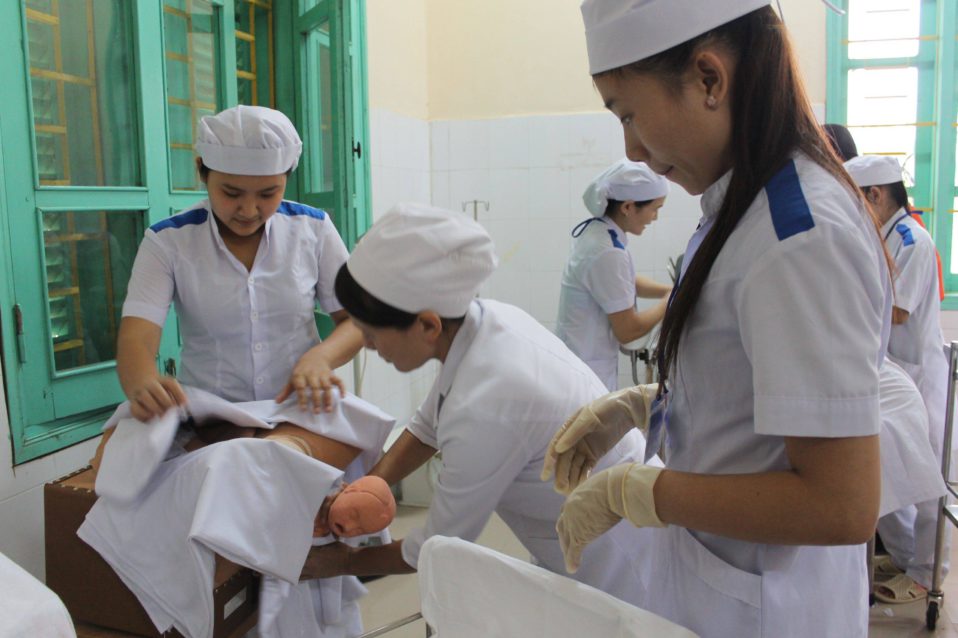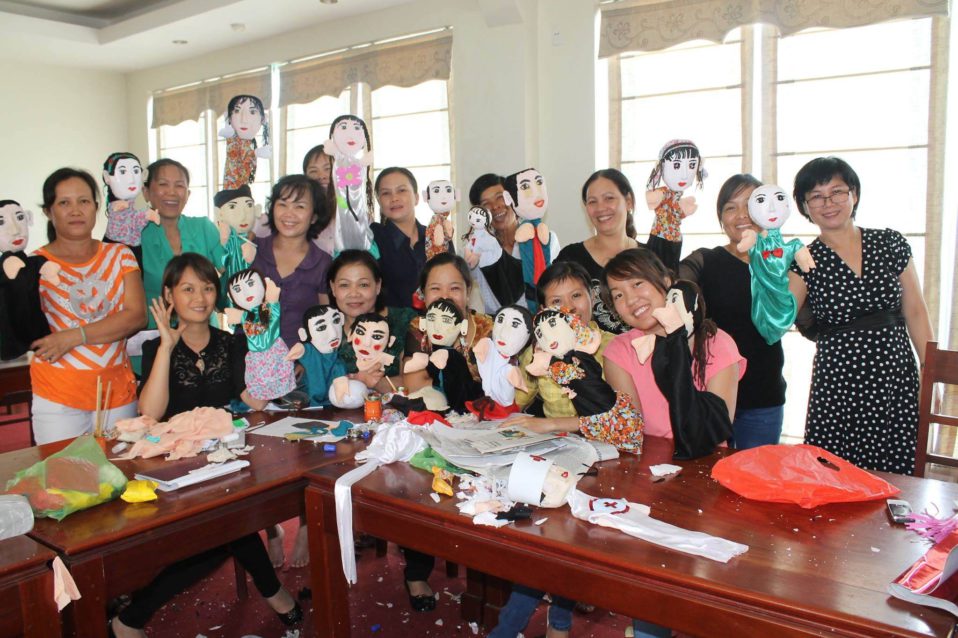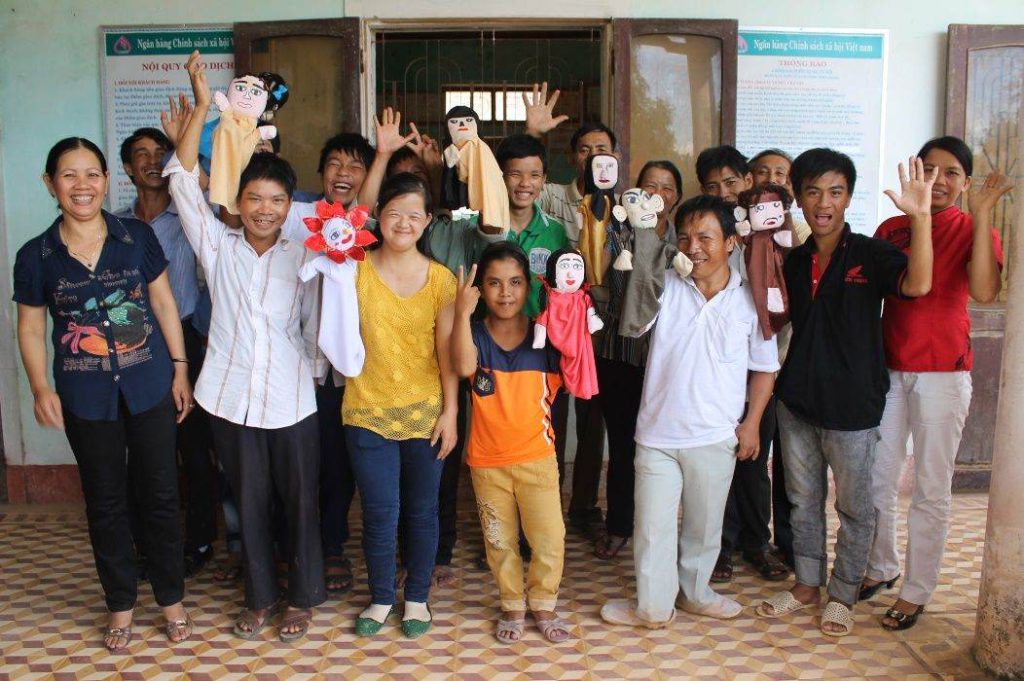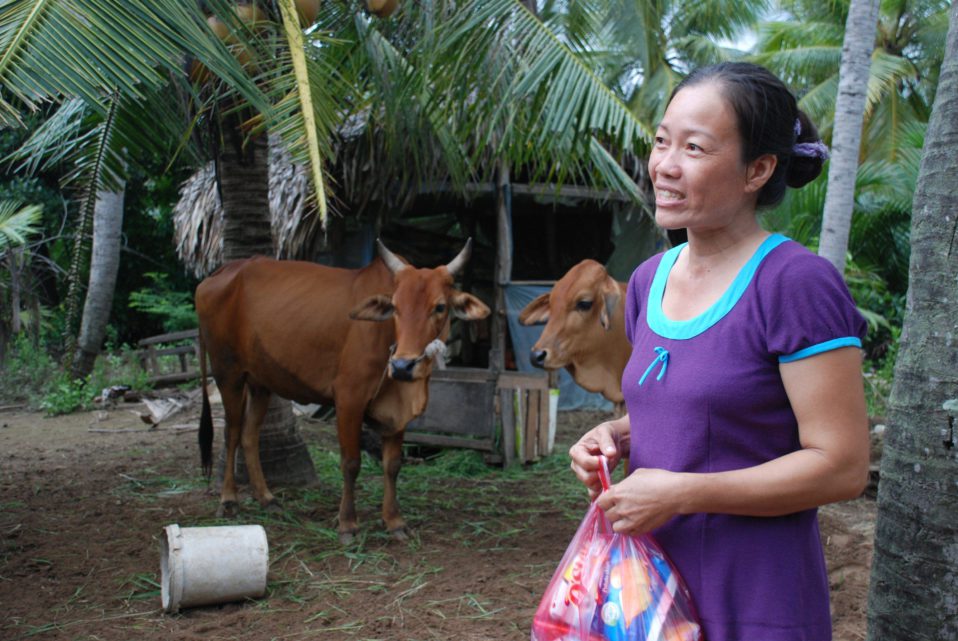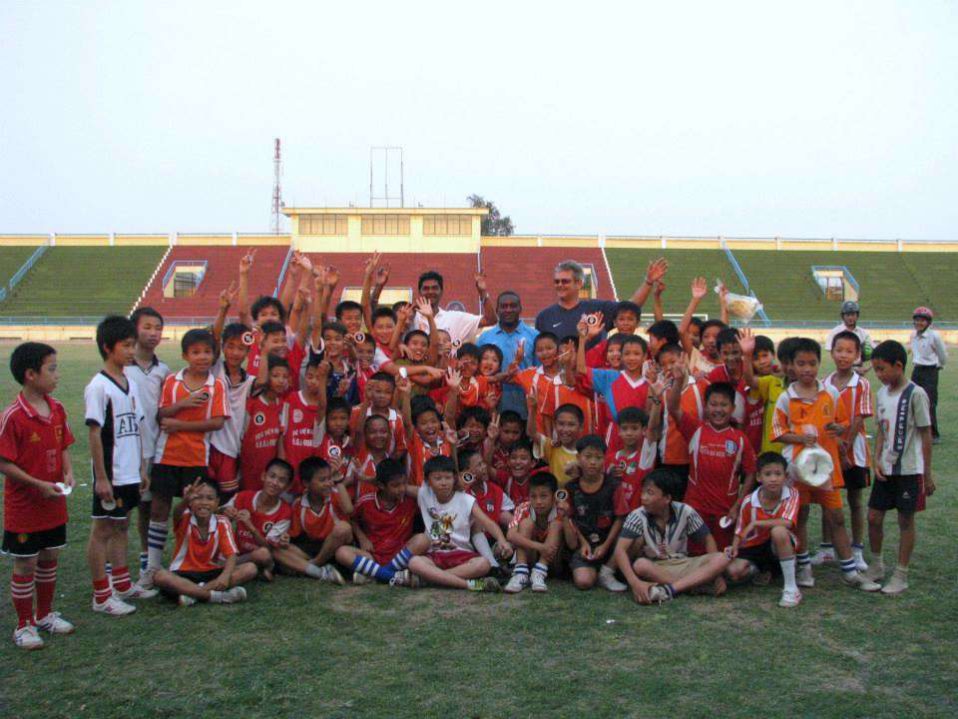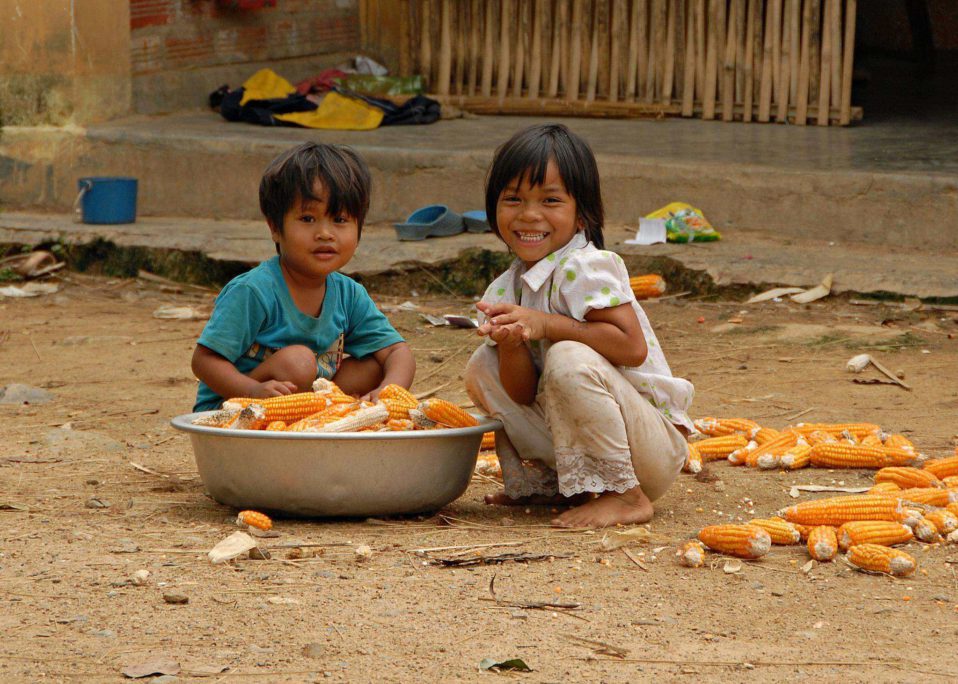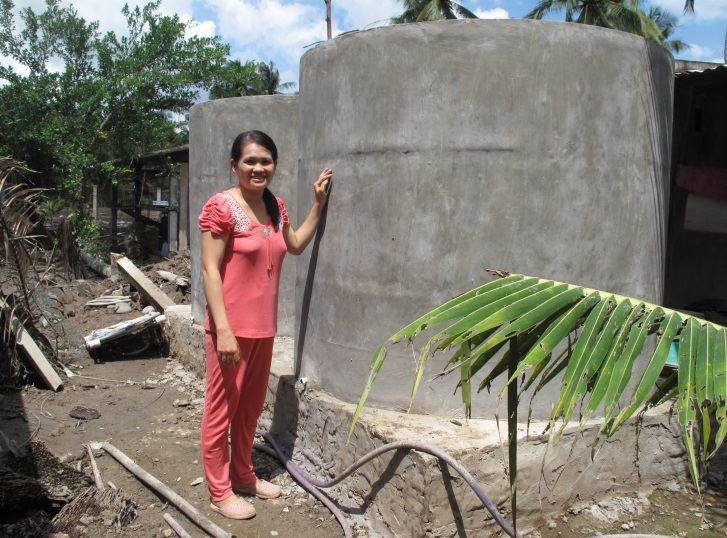Background
Research is vital for informing and underpinning MCNV’s interventions and ensuring that we can understand their impact. It also helps to ensure that knowledge is generated to inspire new ideas, catalyse innovations, and provide evidence to policy makers to inform their decision making and help ensure that policies are effectively implemented. The publication of research also helps to inform others of new processes, methods, techniques and ways of thinking that contributes to improved ways of working to reduce poverty and improve health.
MCNV’s responses
In Lao PDR, MCNV runs the LEARN (Lao Equity through policy Analysis and Research Networks) this a 5 year program that is funded by the EU Commission to enhance the capabilities of public health institutes in Laos. Working together with a range of partners the program aims to ensure that the Laos National Institute of Public Health becomes of centre of excellence for the provision of evidence-based and contextually adapted policy advice. This evidence is used to enhance decision making and improve the implementation of health policies both within Laos and the wider Greater Mekong Sub-region (GMS)
LEARN brings together a unique range of partners to achieve this goal. As well as the Laos National Institute of Public Health, LEARN also brings together the University of Health Sciences in Laos, the VU University in the Netherlands, the Hanoi School of Public in Vietnam and MCNV, an international NGO that has been working in the health sector in the GMS for many decades.
These partners come together to help ensure that:
- Effective and convincing evidence is available to policy-makers who are better able to use it for policy making and programming
- The National Institute of Public Health and its partners have increased access to finance, skilled human resources and information.
- Researchers are able to produce high quality research and are able to convincingly present results and recommendations to a wide range of stakeholders.
Expected results
During its 5 year implementation the program will support a range of activities including;
- International scholarships for Lao researchers to gain Phd’s
- A joint Masters in Public Health Program between University of Health Sciences and Hanoi School of Public Health
- Upgrade of IT facilities and introduction of public health e-learning resource centre
- A research grant scheme to support the production of high quality research with Laos
- Development of a long-term strategic plan for National Institute of Public Health
- A wide range of workshops and trainings in areas ranging from ethics, transdisciplinary research practice, and production of policy briefs.
In addition to this major project, MCNV also conducts research in a wide range of areas including the impact of its agricultural interventions on nutrition and how these can be scaled-up, the use of IT in development, the control and prevention of malaria, the effectiveness of self-help groups in empowering people living with HIV and examining barriers to policy implementation in areas as diverse as the provision of mental health services and access to mother and child healthcare. Research is often conducted in partnerships with Dutch Universities such as VU University. The research is action-based and reflective and is designed to ensure that all people are involved in the process, for complex issues such as malnutrition, multiple stakeholders and engaged in the research and transdisciplinary approaches are used. MCNV’s works in research helps us to understand better the world around us and ensures we can support people within development processes to make the world a better place.


